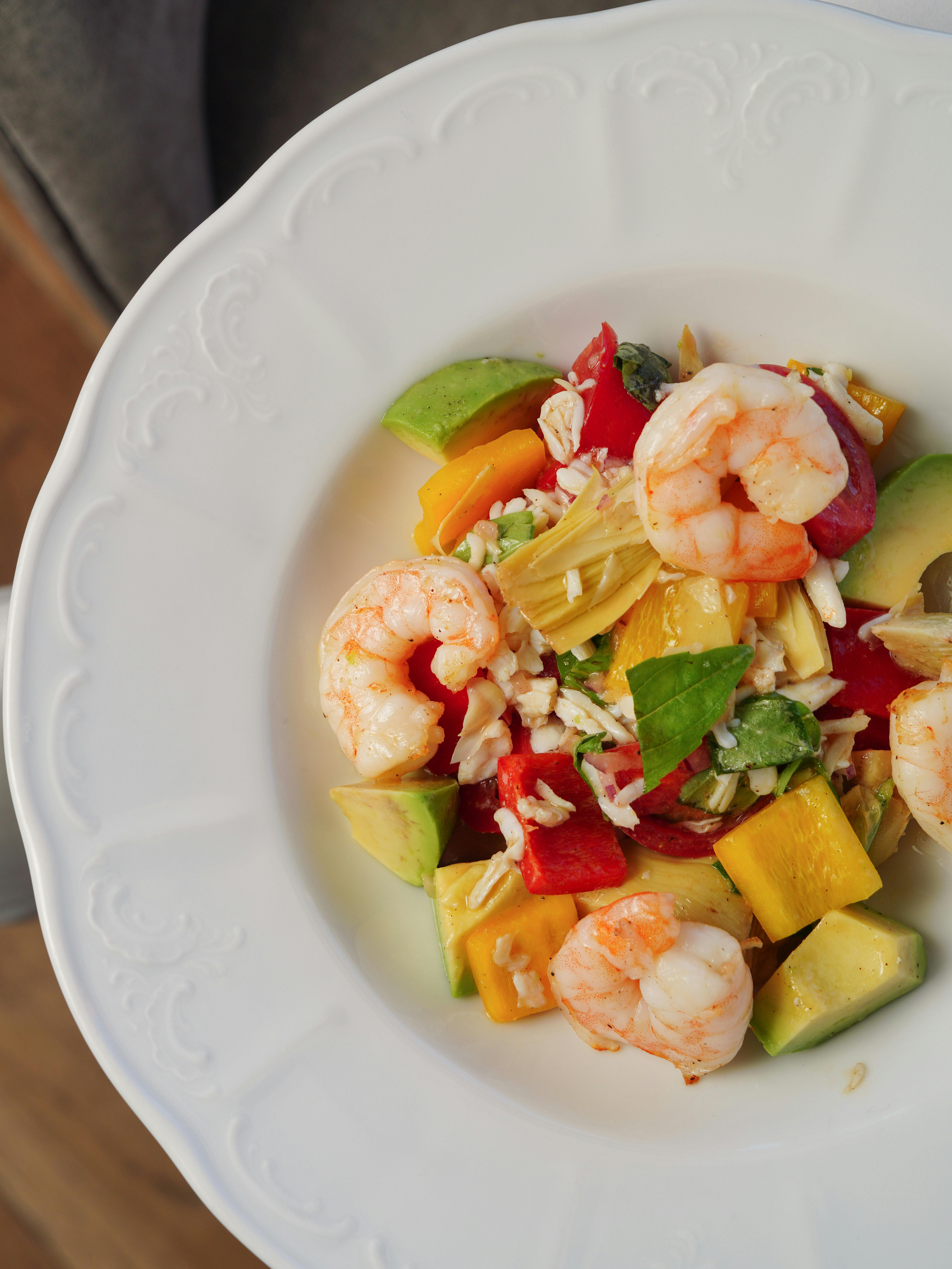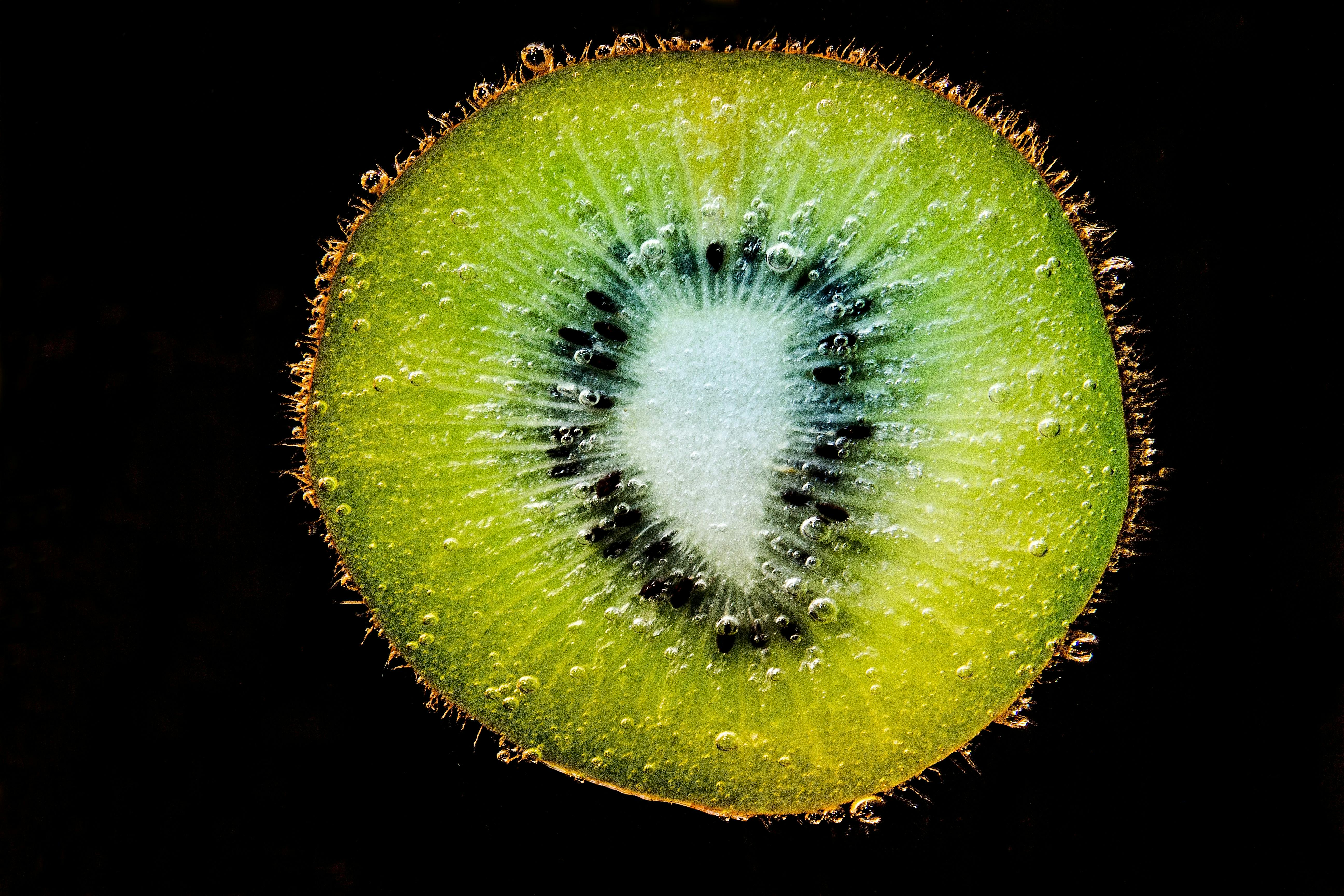Effective Ways to Optimize Your Mouse Diet for Better Health

Effective Ways to Optimize Your Mouse Diet for Better Health
When it comes to ensuring your pet mouse thrives, understanding their dietary needs is both crucial and rewarding. A healthy mouse diet not only promotes longevity but also influences behavior and overall well-being. By optimizing their food intake, you can contribute positively to their development, energy levels, and happiness. This guide serves as a comprehensive resource for mouse owners to enhance their pets' diets through nutritious choices, portion management, and understanding specific needs at various life stages.
Through this article, we’ll explore the essentials of a balanced mouse diet, including ideal food types, homemade options, and how proper nutrition can benefit mouse health. We’ll also discuss common dietary restrictions and the importance of variety in a mouse's meals. As we delve deeper, expect to find practical tips for feeding baby mice, recommendations for adults, and creative snack ideas.
By the end of this guide, you’ll have a clear understanding of how to create a nutritious meal plan that caters to your mouse's health, providing them with the best possible life.
Understanding Mouse Dietary Needs
Essential Mouse Nutrients for Optimal Health
Mice, like all living creatures, require a balanced diet rich in nutrients to thrive. Essential nutrients for mice include proteins, fats, carbohydrates, vitamins, and minerals. Protein sources are crucial for muscle development and repairing tissues, making them key for both growing and adult mice. Aim for high-quality protein options, such as specific seeds or commercial mouse diets fortified with animal protein.
Fats provide energy and aid in nutrient absorption. However, moderation is essential as too much can lead to obesity, a common issue in pet mice. Healthy fats from seeds and nuts are preferable. Carbohydrates give energy, while vitamins and minerals support metabolic processes and immunity. Ensuring your mouse gets a variety of these nutrients helps avoid malnutrition and promotes overall health.
Identifying Best Food Types For Mice
When assessing what foods to include in a mouse's diet, it’s important to recognize the diversity of mouse food options. The main food categories include commercial mouse diets, which can provide balanced nutrition, and homemade mouse diets, which allow for more customization based on personal knowledge of what your mouse enjoys.
Commercial diets are generally formulated to cover all essential nutrients and are convenient. However, while preparing a homemade diet, consider variety by introducing fresh fruits and vegetables like carrots, broccoli, and apples, which can enhance nutrient intake. Furthermore, offer occasional grains such as oats or barley. Monitor portion sizes carefully to prevent overeating.
Commercial vs. Homemade Diets: A Balancing Act
Both commercial and homemade diets have their advantages and challenges. A commercial diet can ensure that your mouse receives all vital nutrients with reliable convenience. However, they can sometimes contain additives that may not be beneficial; hence, it's important to read ingredient labels carefully.
On the other hand, homemade diets allow for more control over the contents of your mouse's meals but require knowledge to ensure completeness in nutrition. Combining both methods can ensure that you are giving your mouse a balanced diet while also keeping their meals interesting. Add variety through occasional homemade treats like yogurt drops or baked whole grain treats.
Mouse Feeding Guide: Portion Sizes and Frequency
Understanding Portion Sizes for Health
Understanding appropriate portion sizes is vital in managing your mouse's health effectively. An adult mouse typically requires about 1-2 tablespoons of food daily, depending on its age, size, and activity level. Overfeeding can lead to obesity, while underfeeding can result in malnutrition. It's essential to strive for balance.
When providing fresh foods, such as fruits and vegetables, do so in moderation. Too much fresh food at once can upset their digestion. Start with small amounts and observe how your mouse adapts, adjusting as needed based on their reactions. Regularly check their weight and adjust portions accordingly to maintain a healthy body condition.
Mice Feeding Frequency and Habits
Feeding frequency is another aspect to consider in a balanced mouse diet. Mice are naturally foragers and tend to eat small amounts multiple times throughout the day. It's beneficial to offer food in a consistent manner, ideally once in the morning and once in the evening, to fit their natural feeding patterns.
Monitoring the feeding habits will help detect any changes in appetite, which may indicate health issues. Provide fresh food daily while ensuring that dry food stays available to allow your mouse to munch as needed. Keeping the eating routine stable not only aids digestion but also promotes behavioral confidence and health.
Common Mistakes to Avoid in Feeding Mice
Many new mouse owners make several common mistakes that can hinder their pets' dietary health. One mistake is neglecting the importance of variety; feeding only one type of food may prevent mice from acquiring necessary nutrients. Rotating different food types and utilizing safe vegetables and fruits can mitigate this risk.
Another issue is not considering portion sizes appropriately. Being aware of how much food you offer your mouse is fundamental. Relying on foods high in sugar or fatty content should also be limited, as they don’t support healthy weight management. Ensure they consume mainly pellets, seeds, fresh produce, and occasional treats.
Creating a Balanced Mouse Diet Plan
Developing an Ideal Mouse Diet Plan
To create a successful diet plan for your mouse, start by determining their specific dietary needs based on age, activity level, and any medical conditions. Incorporate a mix of commercial pellets and various healthy foods, targeting a balance of essential nutrients.
Design your meal plan around high protein foods, fresh vegetables, and fruits while limiting sugary snacks. For example, a week could look like: dry mix pellets on weekdays, fresh vegetables on weekends, with occasional fruit snacks. This ensures they enjoy diverse flavors and textures while meeting health requirements.
Recognizing Mouse Nutritional Needs During Growth Stages
Different life stages bring about unique nutritional requirements. Baby mice need higher protein content to support growth, requiring a diet rich in baby cereals and high-quality grains. Adult mice should have a focus on balanced nutrition maintaining a healthy weight.
As mice age, observe any changes in their dietary needs. Older mice may need softer foods if their teeth are less effective. Tailor their diet accordingly, continuing to mix in fresh, high-quality foods to support their health and vitality.
Supplementing: When and What to Use
In some cases, dietary supplements may benefit specific health situations. Vitamin and mineral supplements can enhance an imbalanced diet, especially when it comes to nursing or pregnant mice where nutritional demands increase dramatically.
Always consult with your veterinarian about the necessity and appropriate types of supplements to include. Avoid giving supplements without professional guidance as improperly used, they can do more harm than good.
Mouse Snack Ideas for Nutritional Treats
Healthy Treats to Enhance Your Mouse's Diet
Incorporating healthy snacks into your mouse's diet can improve their overall satisfaction and health. Safe snacks include small pieces of softened fruits like bananas or berries, and vegetables such as cucumber or zucchini. These snacks provide hydration as well as essential vitamins.
Homemade mouse treats can be rewarding to prepare. For instance, creating cookies using oats and peanut butter can provide protein and energy. Allow treats as occasional supplements rather than daily staples to maintain a balanced diet.
Introducing New Foods to Your Mouse
Introducing new foods to your mouse should always be a gradual process. Start with small bites of a new food while monitoring any reactions. Mice can sometimes be cautious about unfamiliar items; thus, ensuring a smooth transition can avoid digestive issues.
Always select fresh, organic options when available to keep your mouse's diet health-focused. Ensuring a healthy variety keeps your mouse engaged with their food and encourages healthy eating habits.
Conclusion: Importance of Monitoring Mouse Diet
Ultimately, being vigilant about your mouse's diet is fundamental in cultivating a healthy, happy life for your pet. By understanding their dietary needs, monitoring consumption, and introducing variety, you equip them for optimal health. A well-planned feeding strategy accommodating their evolving needs is vital in nurturing their strengths and welfare.

